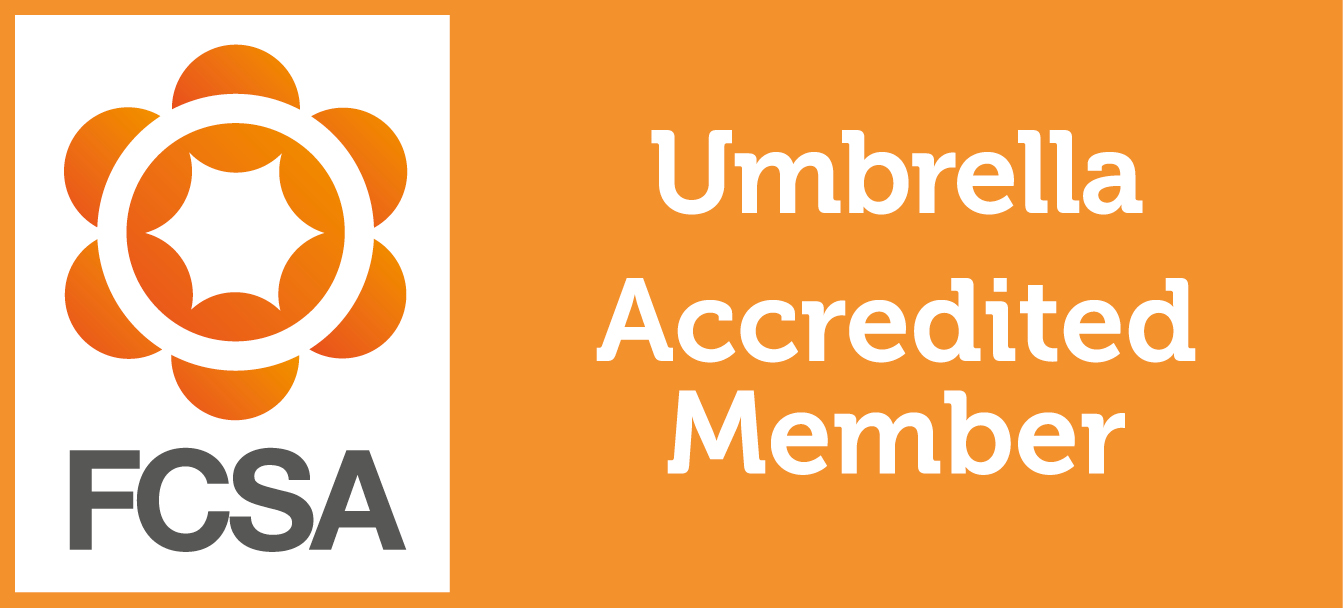IR35 has long been criticised by both the self-employed and those who support the sector; determining whether or not you fall inside or outside of the legislation can be complex, not to mention the new changes that have created even more issues.
What is IR35?
An IR35 status will impact the amount of tax and National Insurance Contributions you pay, as well as whether you are able to claim back on certain expenses.
Based on your level of risk, liability and responsibility as a worker, you will either fall ‘outside’ or ‘inside’ IR35 – if your contract shows that you have the same levels as other contractors, this will result in falling ‘outside’.
If not, your contract will be seen as being similar to that of a permanent worker, which means that you fall ‘inside’ and will have to pay more tax and NICs than a contractor working outside the legislation. It also means that you won’t be eligible to claim expenses.
It’s worth noting that your IR35 status can change with each client, which means that you could potentially fall into both categories during the course of a year.
For more information, visit our page How many contractors are caught by IR35?
What is a CEST Tool?
The Check Employment Status for Tax (CEST) is a government tool used to determine a worker’s employment status and uses information based on:
- Details of the contract
- The worker’s responsibilities
- Who decides what work needs to be done
- Who decides when, where and how the work is done.
There are many concerns about the CEST tool, with reports showing that it has failed to deliver on many occasions, not always giving an accurate employment status determination.
Latest changes to IR35
The legislation now impacts both the private and public sector, but the most recent changes mean that as from 6th April 2021, the responsibility to place a contractor ‘in’ or ‘out’ of IR35 is now on the client to decide instead of the contractor.
This has proved problematic for many self-employed workers – even in the lead up to the changes, many clients admitted they were planning to blanket-assess all of their contractors as ‘inside’ IR35.
Within the first few weeks of the changes, an Association of Independent Professionals and the Self-Employed (IPSE) report revealed that many clients were pushing all of their contractors inside the legislation. The reason being that they felt it is ‘safer’ to do so instead of getting it wrong and facing questions from HMRC.
Another IPSE report found that it was also having a negative effect on contractor rates of pay due to many professionals having to reduce day rates in order to compete for contracts.
How does IR35 affect umbrella company contractors?
Most limited company contractors and sole traders will have dealt with the legislation at some point or another, whether having to decide on a contractor’s status or being questioned about your own.
This is where umbrella company contractors can breathe a huge sigh of relief, as this is something they won’t need to worry about.
As an umbrella company contractor, you are essentially employed by your umbrella company, which means that IR35 doesn’t apply – your tax and National Insurance Contributions are dealt with by your ‘employer’ taking the hassle and stress away from having to file a self-assessment tax return each year.
For more information on the other benefits of working through an umbrella company read our Why use an Umbrella Company page.
We hope you found this page helpful. Our team of experts are available to answer any questions you may have, so drop us a line on 01206 591 000 or email Jaime at jaime.thorpe@contractorumbrella.com.






